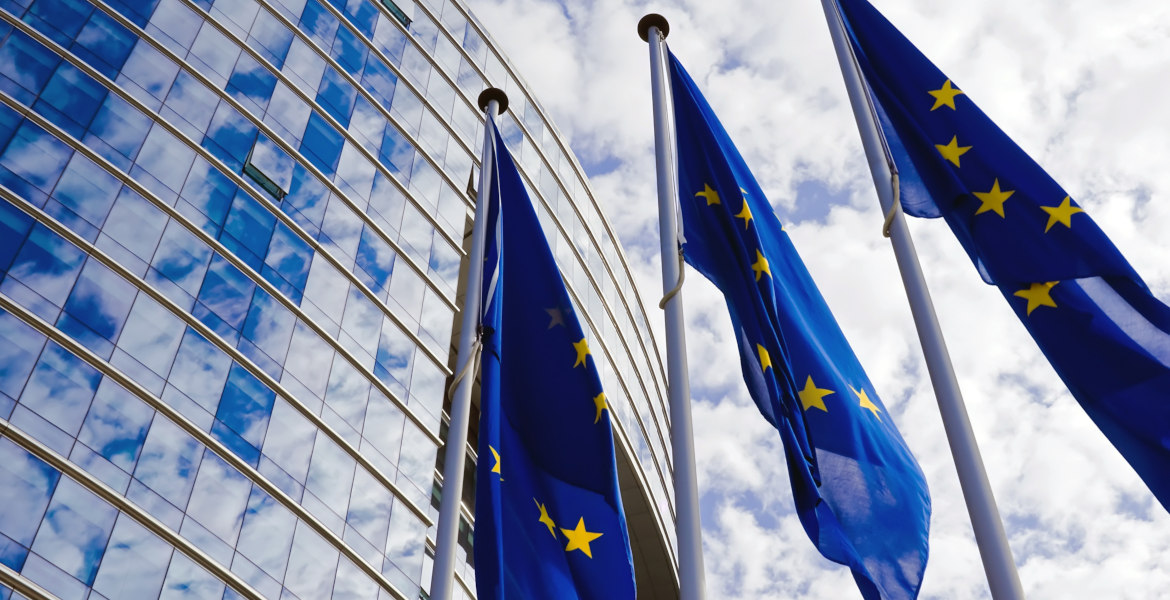Jean-Marie Le Pen, founder and former leader of the French nationalist party National Front (later National Rally), has died at the age of 96. His family confirmed this to the AFP news agency.
During his leadership of the National Front, which he founded in 1972, Le Pen established the party as a major force in French politics and challenged the established powers. He stood up for the protection of French culture, identity and borders, and raised issues close to the people, such as the impact of immigration.
Le Pen was also known for his outspokenness and for daring to address controversial topics, which made him both loved by many and hated by some. After a long career as party leader, he handed over the post to his daughter Marine Le Pen in 2011.
But their relationship deteriorated sharply when Jean-Marie criticized Marine's leadership of the National Front, leading to his expulsion from the party in 2015. “This is a great betrayal,” he said at the time. The party then changed its name to the National Rally under Marine Le Pen's leadership.
Despite their personal conflicts, Jean-Marie continued to be a significant figure in French political debate.
Daring statement on the holocaust
Le Pen stood up on several topics that were politically highly challenging. Perhaps the most famous of his controversial statements was when, on September 13, 1987, during the RTL-Le Monde grand jury, he downplayed the importance of the gas chambers.
“I'm not saying that the gas chambers did not exist,” he said. "I myself have never seen one. I have not studied the issue specifically. But I think it is a detail in the history of the Second World War."
For his statement, Mr. Le Pen was vilified in the mainstream media and stripped of his parliamentary immunity.




